Mdalala Abdeljabbar
Ayaan Sajid
Yunhao Zhao
Alysse Custard
Siddharth Sistla
Did you actually read those names? Did you take the time to try to pronounce them correctly? Or did you just skim the words because they looked difficult to pronounce?
Though a name may seem unimportant, a simple string of letters we use to recognize one another, this perceived unimportance is far from the truth. Every name holds a meaning, a story full of emotion and memory, all connected in equal importance. But what happens when that name is erased, mispronounced and disregarded? What happens when we lose that identity?
The truth is this happens in classrooms across the country every day. Students with “difficult” names learn to go by nicknames and ignore mispronunciations, simply accepting that some peers and teachers just do not care enough to make an effort. We get used to those pauses that substitute teachers make before a name and the subsequent disappointed callouts of “here” from those students who have memorized their spot in the attendance list well enough to avoid the inevitable butchering of their name.
However, this should not be the case. Each form of a name forces a person to take on a new identity. For some, these identities are positive, like nicknames from friends or family. For others, these new identities mean hiding, being forced to make their name easier for those unwilling to learn.
“My name is my identity. It resembles my personality, who I am, and what I like to do; it’s unique to me,” freshman Ayaan Sajid said. “It’s quite annoying [when someone mispronounces my name]. I have probably 15,000 other names than my right name. People always emphasize the ‘A’ or say ‘eye-an,’ and that doesn’t make any sense. It gets me mad sometimes, but I just have to deal with it.”
Additionally, many students facing name mispronunciation hold names traditional to their cultures. Especially in a district where over half of the student population is white, it is easy to feel ostracized and excluded from important conversations. Not taking the proper steps to pronounce students’ names correctly is just one more grain of salt in a much larger wound caused by discrimination.
“Pronunciations aren’t different for no reason, it’s because every culture has their different way of pronouncing things. If a name isn’t pronounced right, it isn’t technically the correct name, even though some people don’t try to mispronounce it. It’s important to always correct people and say ‘This is my name’ because that’s your identity, and you don’t want to be called something you aren’t,” freshman Siddharth Sistla said.
These separate identities create an easy segue for unwelcomeness, conformism and code-switching — switching between two languages or language varieties in one situation. This can be seen in changing a name to be easier for peers and teachers to understand, a name often accompanied by a new personality, one built to fit in with white Americans and avoid bullying.
In theory, this all stems from the feeling of needing to assimilate due to peer or individual pressure, creating a want to blend into the dominant “culture” at school. By criticizing and disregarding names that are “difficult to pronounce,” students and teachers alike create the notion that a student’s identity and culture are not worth their time. From the moment these actions start, a long-held feeling of “otherness” is formed, effectively conveying that being anything other than the cultural majority is unacceptable.
To cultivate a fully inclusive educational environment, we must learn to appreciate the importance of a name and make an effort to pronounce every name properly. Rather than giving others nicknames or avoiding certain name pronunciation, as peers and teachers, it is our responsibility to recognize that every student’s name holds meaning and to erase a name is to erase an identity.



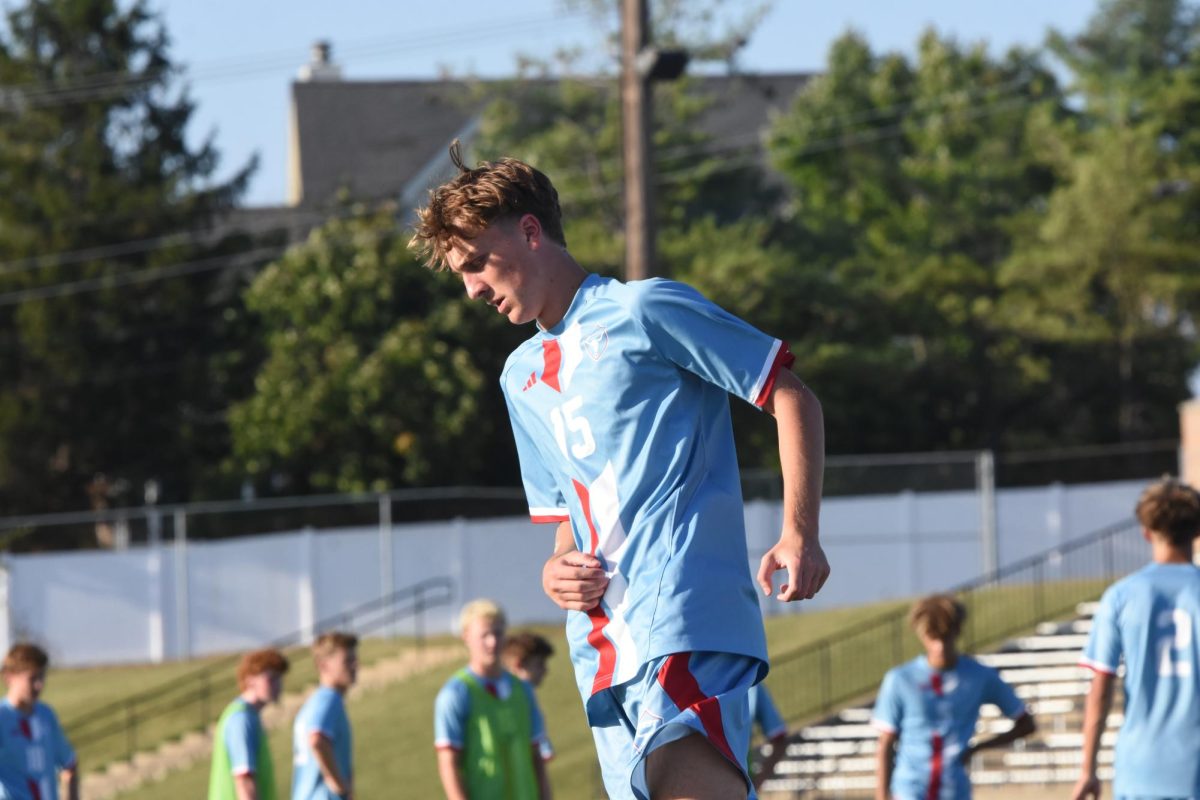
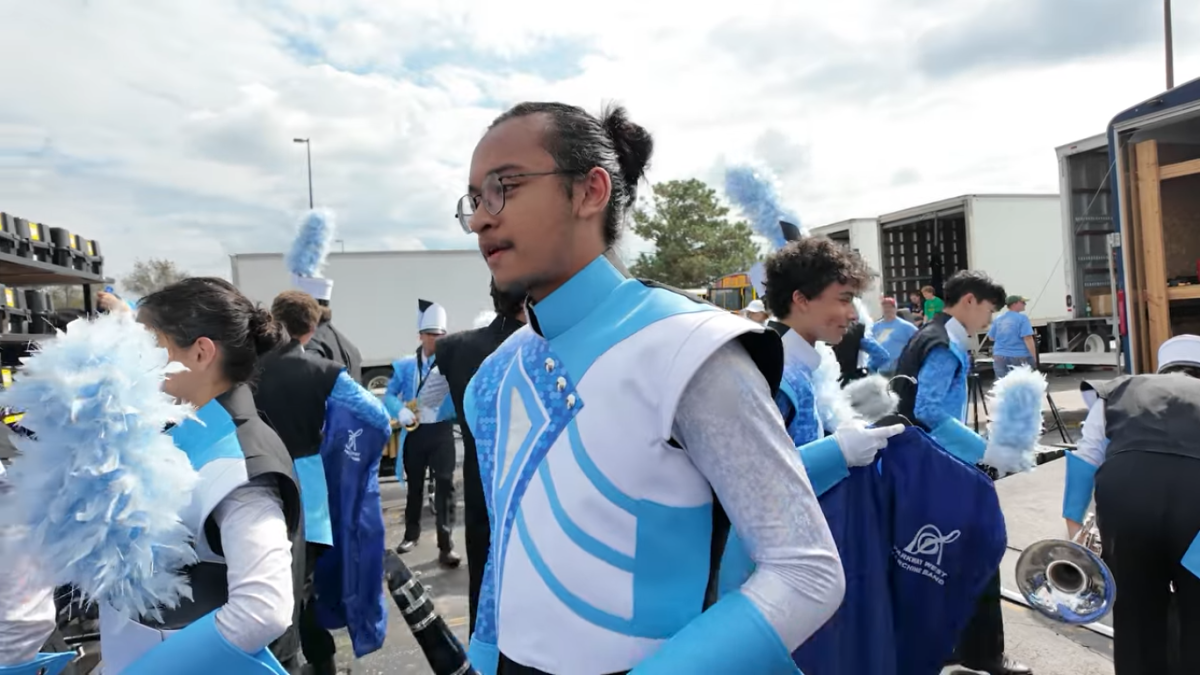
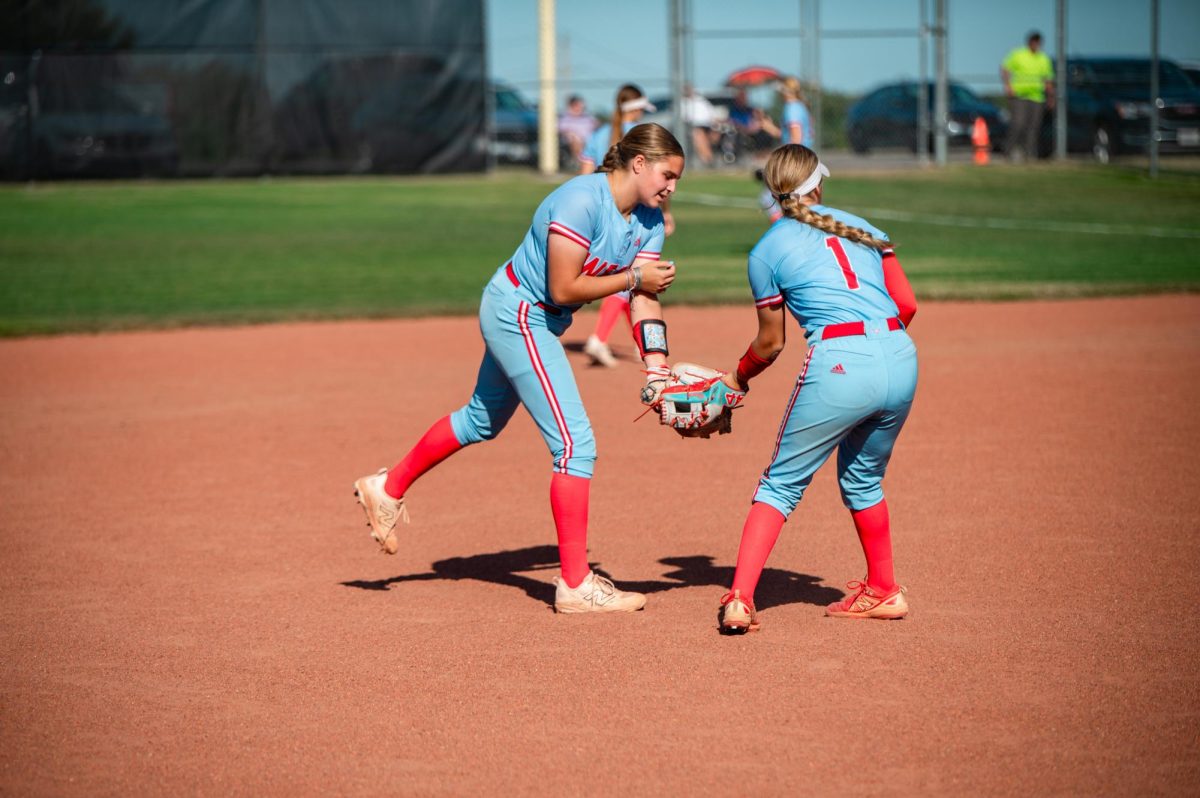
![Standing in front of the camera and next to Fox 2 News' Ty Hawkins, senior and varsity football player JaMont Brooks represents the varsity football team. As captain and outside linebacker, Brooks was one of four students selected to be interviewed live for the broadcast. “Overall, it was just a crazy experience being on the news. Even when I get older, I’ll tell my kids or grandkids I was on the news. My mom sent me a picture of me on the news [saying] ‘Oh my gosh, that’s my son.’ The Parkway West community felt amazing this morning. Everybody showed up at 6 [a.m.] and [will] show up 6 [p.m.] tonight too. Any time I go into a game, I go up there with the mentality that we’re going to try our best, and even the times we struggle, [I’ll] keep my head up,” Brooks said.](https://pwestpathfinder.com/wp-content/uploads/2025/10/DSC8122-Enhanced-NR-1200x799.jpg)
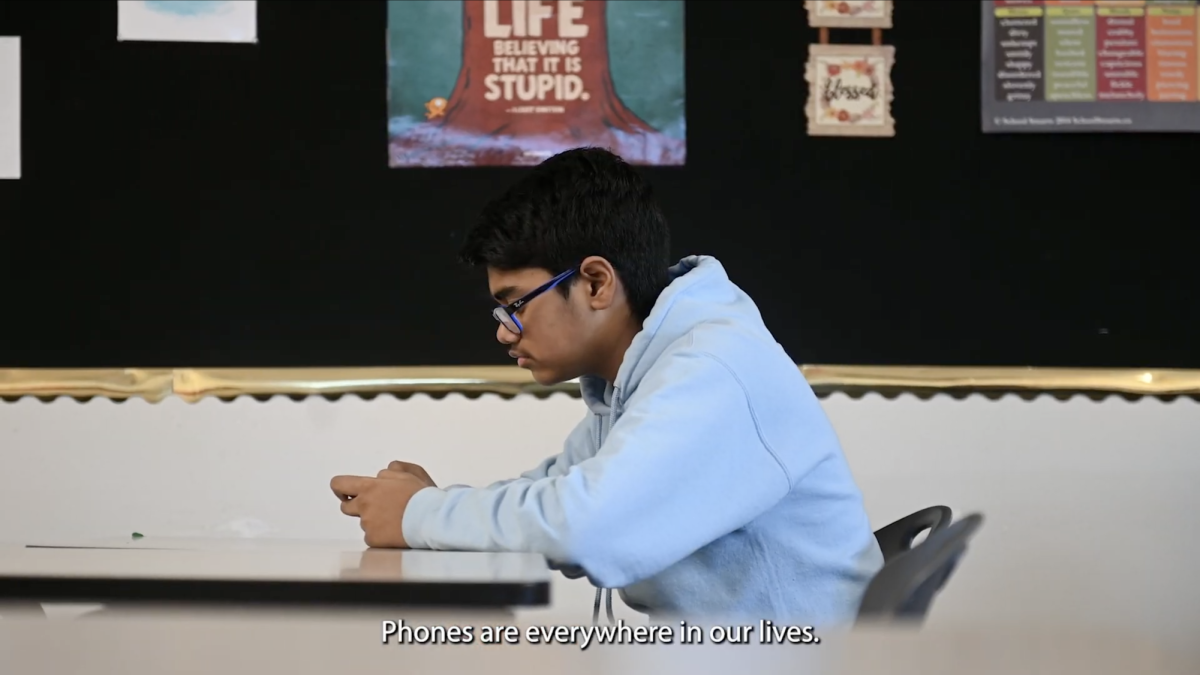
![Blue lights shining brightly, senior Riley Creely beatboxes into the microphone. Creely and the group began the performance in front of the blue lights, sparking interest from the audience. “The pep rally performance was fun. I got to beatbox for the first half of the song, which was hype. I liked to look into the student section [while I performed],” Creely said.](https://pwestpathfinder.com/wp-content/uploads/2025/09/DSC_5085-Enhanced-NR-1200x799.jpg)

![Leaping through the air, senior Tyler Watts celebrates his first goal of the season, which put the Longhorns up 1-0 against the Lafayette Lancers. Watts decided to play soccer for West for his last year of high school and secured a spot on the varsity roster. “[Playing soccer for West] is something I had always dreamed of, but hadn’t really had a good opportunity to do until now. It’s [really] fun being out [on the field], and I’m glad I decided to join the team. It’s just all about having fun with the boys and enjoying what time we have left together,” Watts said.](https://pwestpathfinder.com/wp-content/uploads/2025/09/DSC_1951-1200x855.jpg)
![Sophomore Natalie House pitches the ball during an intrasquad scrimmage for Red and Blue Night on Aug. 22. House played catcher for the varsity softball team. “I started [playing] softball when I was five. My brother played baseball, and I wanted to start sports like him. Scrimmaging against our own team is always kind of difficult because we all know each other's [weaknesses],” House said.](https://pwestpathfinder.com/wp-content/uploads/2025/09/DSC7191-1-1-1200x844.jpg)
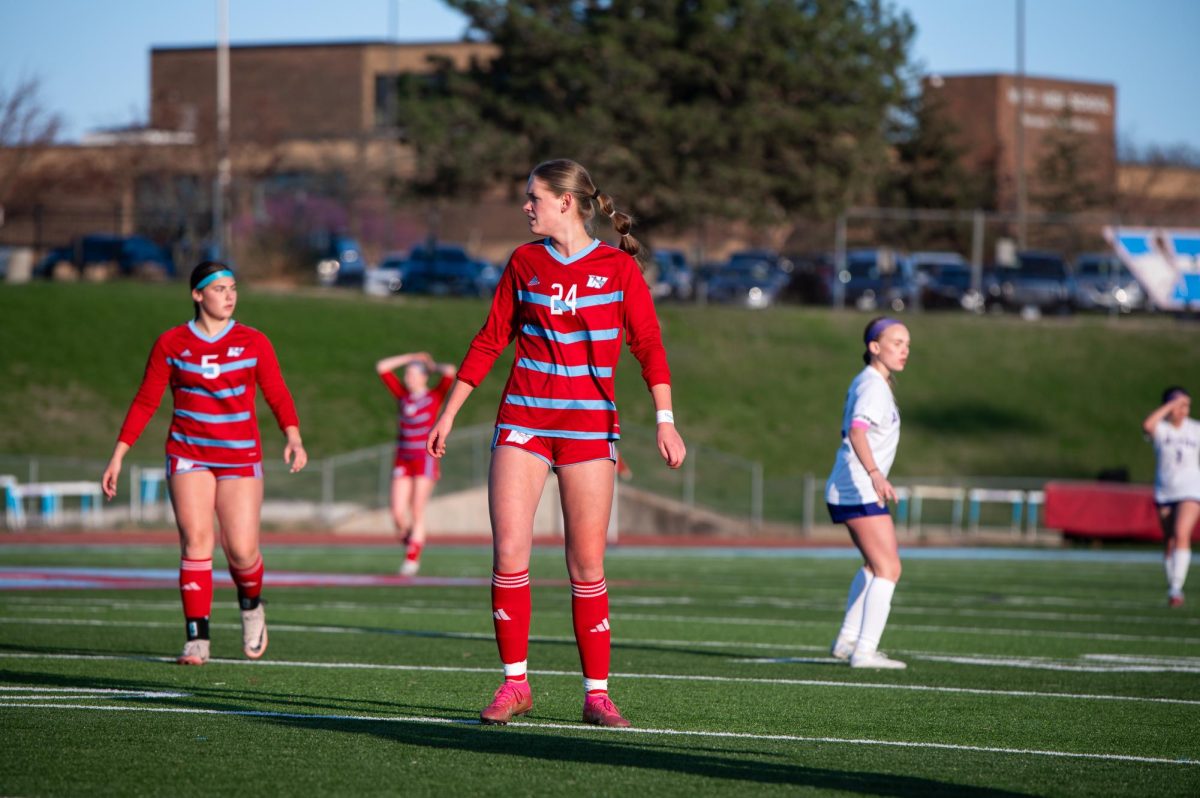


Julie Bode • Mar 14, 2023 at 2:08 pm
When I was teaching, I wrote out names that were unfamiliar to me phonetically when students told me them, and I then asked students in those first couple weeks of school if I got it right when I started calling on them or talking to them. Did I get it right all the time? Probably not, but I tried my best. It’s important to call someone by their name. Thanks for the perspectives of all the students in this article and video!
Dr. Piffel • Mar 14, 2023 at 1:36 pm
Addie and Elle, thank you for taking time to write this important article! I appreciate that you are making room for all student voices to be heard.